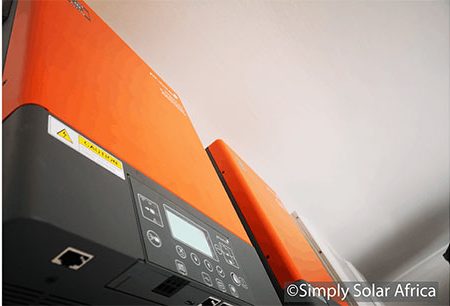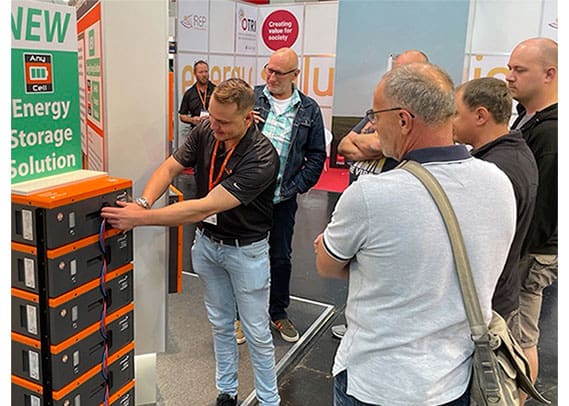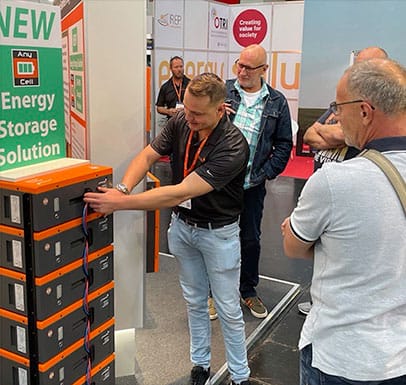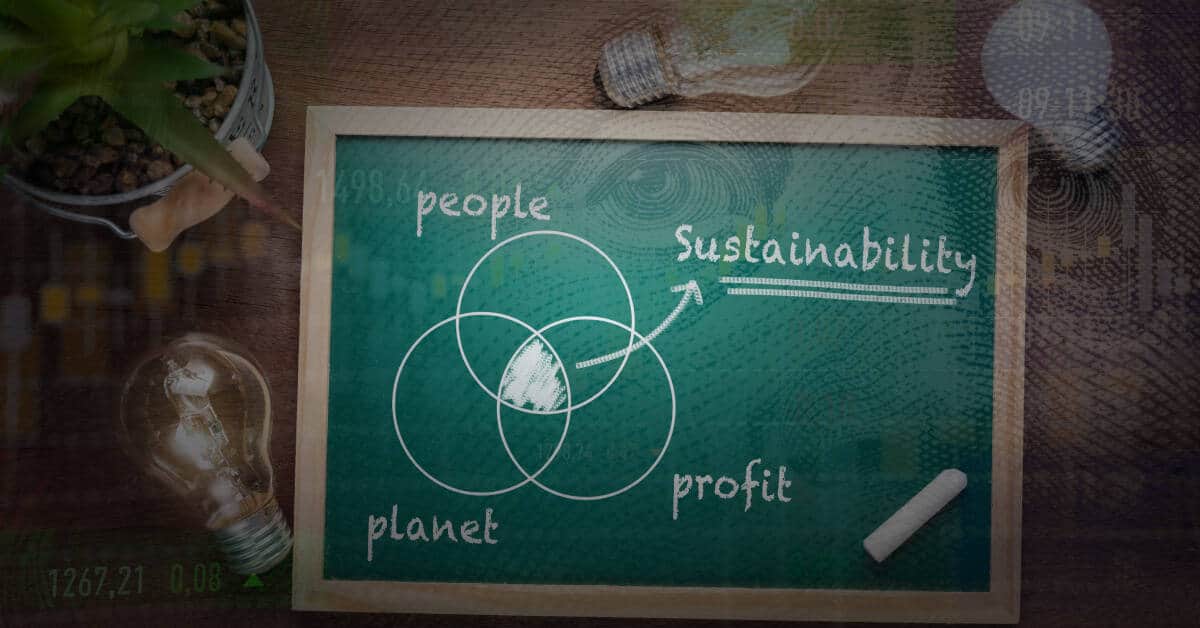
The solar sector increased at an astronomical rate in the 2010’s. ‘According to Wood Mackenzie, global annual solar installations grew more than sixfold this past decade, from 16 gigawatts in 2010 to 105 gigawatts in 2019’.
Solar power has also become more accessible than ever. According to a report by the International Renewable Energy Agency (IRENA), the cost of PV solar dropped by 82% globally between 2010 – 2019. Compared to other electricity generation technologies, solar’s pace of cost reduction over this period cannot be beat.
As a renewable, zero-emissions, and zero-fuel source of electricity, solar power provides a highly dependable option for various applications. In particular, there is an exceptional opportunity to support remote communities around the globe where energy poverty is closely linked to financial poverty.
Solar energy has significant socio-economic impacts on both micro and macro levels. Here are some of them:
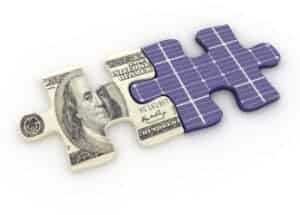
High Return on Investment – Solar panels may require an out-of-pocket expense upfront, but it’s an investment that yields immediate returns. This theory applies to people offsetting current monthly utility bills, avoiding alternatives for things like lighting and cooking that don’t use traditional electricity, and bypassing expensive utility grid connections if utility power is not readily available.

Energy Security – Using solar power to generate electricity frees home and business owners from having to rely solely on their municipal utility grid. In some regions, people are often left in the dark on a daily basis because their utility is stressed and cannot support their needs. Meaning their power is intermittent, causing daily challenges for normal tasks. With a solar panel array, and oftentimes a battery storage solution, it’s possible to source energy on-site and store excess energy for use in the event of a power outage. A robust hybrid inverter can manage incoming source priorities to maximize the investment.
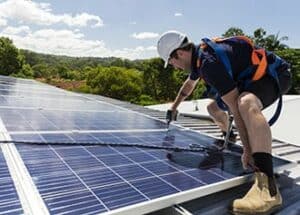
Job Creation – The solar energy sector provides jobs across industries – manufacturing, installation, engineering, sales, logistics, etc. These companies exist in large and small communities. Renewable energy installation projects almost always utilize local labor, which means more employment opportunities for locals, impacting rural and urban communities alike.

Regional Development – Solar energy is scalable in areas with minimal or no access to electricity. In remote areas not connected to the utility grid, the introduction of solar power has opened doors for development projects that improve human welfare and a general standard of living, such as educational and medical facilities.

Energy Independence – The sun is a never-ending source of energy. Everyone around the world benefits from this resource. Investing in solar power can help countries meet their energy needs domestically, reducing dependence on foreign nations and protecting themselves from price fluctuations in the global energy market. Energy independence can be felt in the largest cities and the smallest villages all the same.
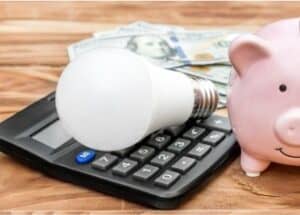
Lower Energy Costs – Ever-increasing fuel, energy and alternative resource costs are a big issue for many developing and under-developed countries. Solar energy can provide an often more reliable and cheaper power source, allowing the people living in these communities more opportunities to develop and improve their circumstances.
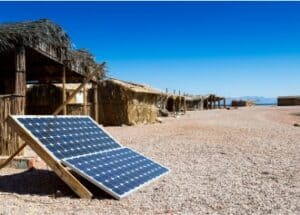
Empowerment of the Masses – For the longest time, the control of energy manufacturing and distribution has been in the hands of capitalists. But as solar energy becomes more affordable, small and remote communities are now able to choose to live off the grid. This shift of power to the masses can help gradually reduce economic inequality. With decreasing equipment prices and creative financing models becoming available, the economic divide is lessening.

Environmental Benefits – Global warming poses a serious threat to both economic and personal well-being. Switching to a clean and green energy source, like off-grid power solar solutions, can help reduce carbon emissions and is a critical step towards a more sustainable lifestyle. In rural communities where power isn’t currently available, solar can also provide an opportunity for safer living conditions.
References:
https://www.cnbc.com/2019/10/05/solar-power-can-boost-a-homes-value-in-these-10-states-the-most.html
https://www.irena.org/publications/2014/May/The-Socio-economic-Benefits-of-Solar-and-Wind-Energy
https://phelanenergygroup.com/the-economic-benefits-of-using-solar-energy/
https://www.solarpowerportal.co.uk/news/solar_pv_costs_fall_82_over_the_last_decade_says_irena


